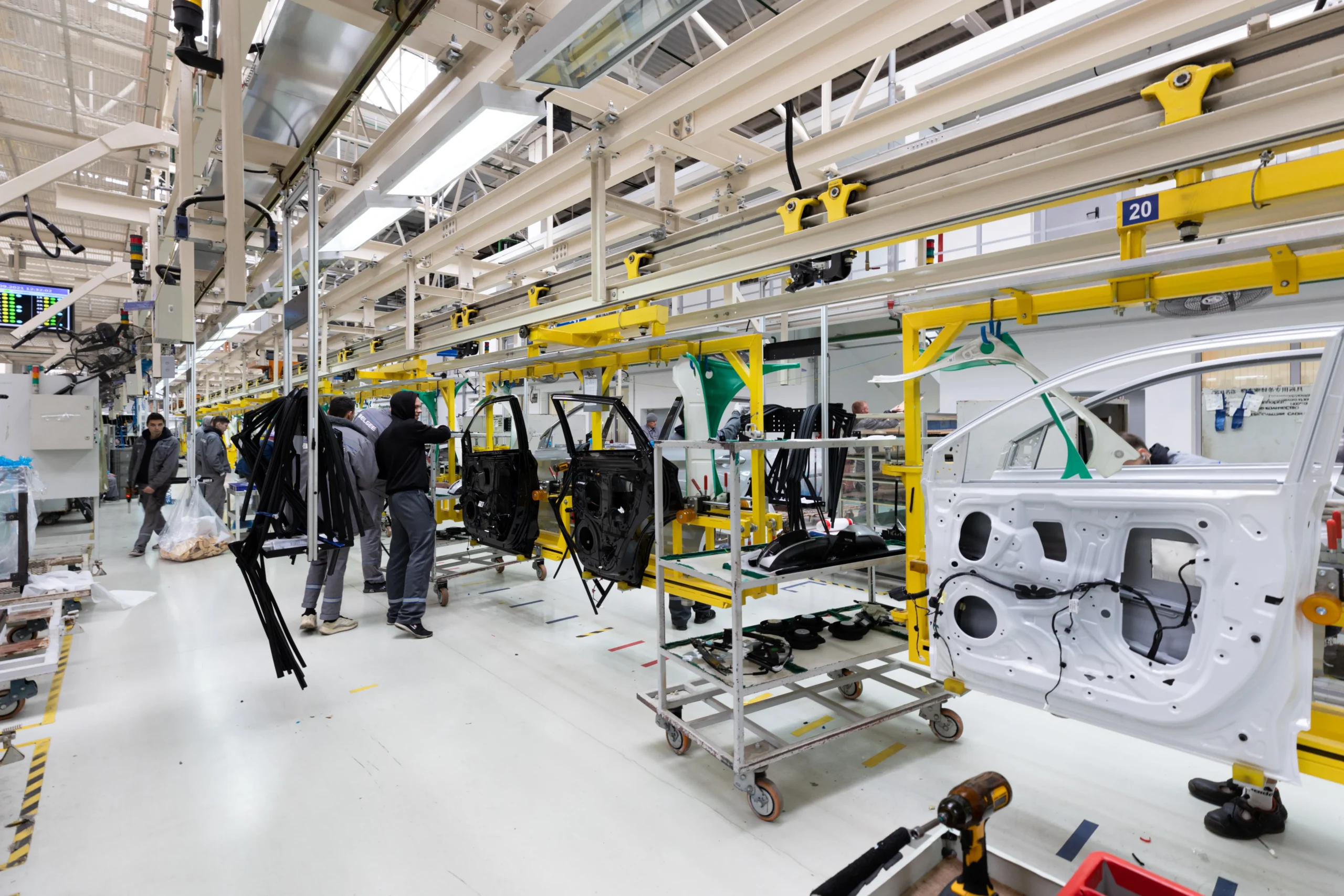The Fascinating Science of Automobiles: Exploring the Engineering Marvels Behind Modern Vehicles
The science of automobiles is an ever-evolving field that blends mechanics, electronics, and cutting-edge technology. From the earliest steam-powered vehicles to today’s electric and autonomous cars, innovations in automobile science continue to revolutionize transportation. This article explores the key scientific principles and advancements that make modern vehicles more efficient, safer, and smarter.

The Evolution of Automobile Engineering
The journey of the science of automobiles began in the 19th century with the invention of the first motorized vehicles. Over time, advancements in engineering have led to the development of high-performance engines, aerodynamically optimized designs, and intelligent safety systems. Today, the focus is shifting toward sustainable solutions, such as electric and hydrogen-powered vehicles.
Core Components in the Science of Automobiles
- Engine Technology: At the core of any vehicle is its engine. From traditional internal combustion engines to advanced electric motors, ongoing research in the science of automobiles aims to enhance power output while reducing environmental impact.
- Transmission Systems: Transmissions ensure power is delivered efficiently from the engine to the wheels. Modern advancements include continuously variable transmissions (CVTs) and dual-clutch systems that improve performance and fuel economy.
- Suspension and Steering: These systems are critical for vehicle stability, handling, and comfort. Innovations such as adaptive suspension and electronic power steering have significantly improved driving dynamics.
- Braking Systems: Advanced braking technologies, including anti-lock braking systems (ABS) and regenerative braking in electric vehicles, highlight the ongoing progress in automobile safety.

Aerodynamics: Enhancing Efficiency and Performance
Aerodynamics plays a major role in the science of automobiles, affecting speed, fuel efficiency, and stability. Engineers design sleek, low-drag vehicles that reduce air resistance, improving overall performance. Many modern cars undergo extensive wind tunnel testing to achieve the perfect balance between design and function.

Materials Science and Lightweight Construction
The materials used in vehicle manufacturing directly impact efficiency and safety. High-strength steel, aluminum, and carbon fiber composites are now widely used to reduce weight without compromising durability. Lightweight materials contribute to improved fuel efficiency and lower emissions.

The Role of Electronics in Modern Vehicles
The integration of electronic systems has transformed automobiles into highly intelligent machines. Features such as adaptive cruise control, lane-keeping assist, and self-parking capabilities are made possible through advances in sensors, software, and artificial intelligence. These innovations enhance driver safety and convenience.

The Future of Automobile Science
As technology continues to advance, the future of the science of automobiles looks promising. Self-driving cars, vehicle-to-vehicle communication, and AI-powered diagnostics are set to redefine mobility. The push toward sustainability is also driving the development of alternative energy sources, such as solar-powered and hydrogen-fueled vehicles.

Final Thoughts
The science of automobiles is a fascinating and constantly evolving field that blends engineering, technology, and sustainability. As research continues to push boundaries, the vehicles of tomorrow will be smarter, safer, and more environmentally friendly than ever before. Understanding these innovations gives us a deeper appreciation for the machines that keep the world moving.
John Doe
DesignationClick here to change this text. Lorem ipsum dolor sit amet, consectetur adipiscing elit. Ut elit tellus, luctus nec ullamcorper mattis, pulvinar dapibus leo.
Automobile: All the Stats, Facts, and Data You’ll Ever Need to Know
Automobile: All the Stats, Facts, and Data You’ll Ever Need to Know Have you ever…
What Car Should I Buy? The Ultimate Guide to Finding the Perfect Vehicle
Choosing the right car can be overwhelming with so many options available. Whether you’re looking…



